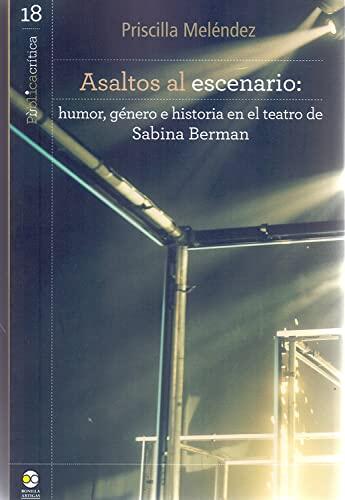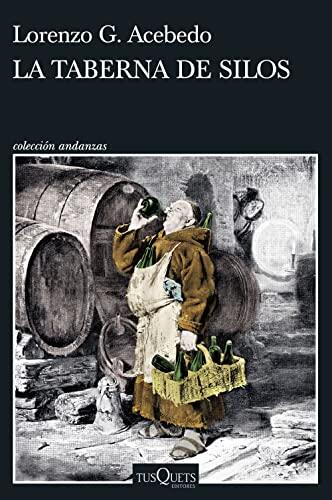
Historias de la Argentina / History of Argentina
작성자
Marcelo D. Rudaeff
아직 평점이 없습니다
Humor
형식
페이퍼백
페이지
224
언어
스페인어
출판됨
Jan 1, 2002
출판사
Grijalbo S.A.
ISBN-10
9502802837
ISBN-13
9789502802831
설명
Marcelo D. Rudaeff delves into the rich tapestry of Argentina's history, offering readers a captivating exploration of the nation's past. With a narrative that is both engaging and insightful, Rudaeff immerses the audience in a wide array of historical events, cultural shifts, and significant figures that have shaped Argentina into what it is today. The prose is complemented by vivid illustrations from Alberto De Piero, which enhance the reader's understanding and appreciation of the themes discussed.
Navigating the complexities of Argentina's journey, Rudaeff discusses its early indigenous cultures, European colonization, and the struggle for independence. Each period is meticulously researched, providing context and depth that bring to life the stories of resilience and transformation. As the timeline unfolds, readers are introduced to the socio-political dynamics that have influenced the nation's identity through the centuries.
The book is not just a chronological recounting of events; it highlights the cultural heritage and diversity that define the Argentine spirit. Through anecdotes and historical accounts, Rudaeff captures the essence of Argentine society, from its traditions to its revolutionary movements. He emphasizes the interplay between the past and present, reflecting on how history continues to inform contemporary issues.
With its comprehensive bibliography, this work serves as an important resource for anyone looking to deepen their understanding of Argentina's history. Rudaeff's narrative invites readers to reflect on the complexities of national identity while celebrating the vibrant culture that has emerged from the intertwining of various influences over the years. This exploration of Argentina's past is both educational and thought-provoking, making it a valuable addition to the field of historical literature.
Navigating the complexities of Argentina's journey, Rudaeff discusses its early indigenous cultures, European colonization, and the struggle for independence. Each period is meticulously researched, providing context and depth that bring to life the stories of resilience and transformation. As the timeline unfolds, readers are introduced to the socio-political dynamics that have influenced the nation's identity through the centuries.
The book is not just a chronological recounting of events; it highlights the cultural heritage and diversity that define the Argentine spirit. Through anecdotes and historical accounts, Rudaeff captures the essence of Argentine society, from its traditions to its revolutionary movements. He emphasizes the interplay between the past and present, reflecting on how history continues to inform contemporary issues.
With its comprehensive bibliography, this work serves as an important resource for anyone looking to deepen their understanding of Argentina's history. Rudaeff's narrative invites readers to reflect on the complexities of national identity while celebrating the vibrant culture that has emerged from the intertwining of various influences over the years. This exploration of Argentina's past is both educational and thought-provoking, making it a valuable addition to the field of historical literature.



















